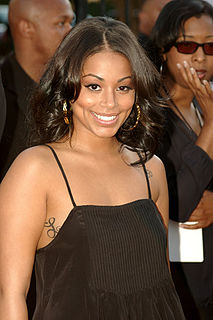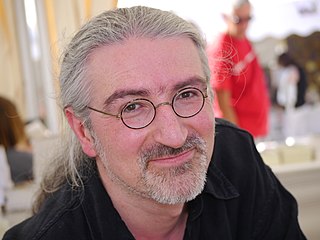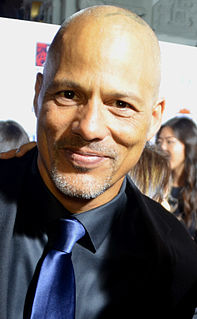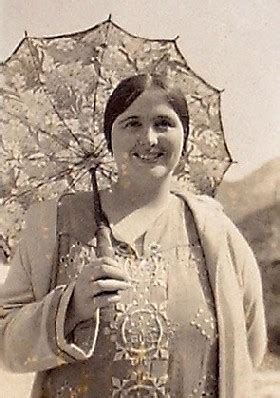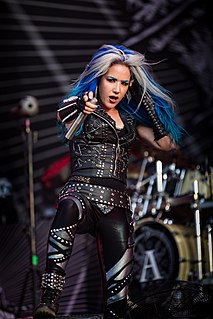A Quote by Charles R. Swindoll
More often than not, when something looks like it's the absolute end, it is really the beginning.
Related Quotes
You're always choosing the start point and the end point. And almost by definition, the most interesting period is where something happens, as a result of which something is different at the end. And so to me, the idea that you know everything about a character at the beginning is sort of ridiculous. Something has to be revealed. I like it when the deeper you go with the character, the more you see the layers start to peel away. It's more challenging to me, but it's also just interesting. Those are the things I like to watch. I like to watch the evolutions of something.
I'm really sensitive to the beginning of a motif or a phrase or something that's kind of the backbone or becomes kind of the spine that you grow muscle tissue onto. You know from that, if you have that good beginning, it's like everything that grows off it often has potential. Maybe I'm good at that early bit of recognition of pieces of potential. I'm not sure.



